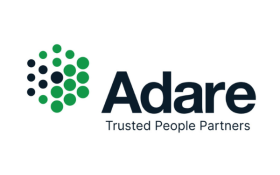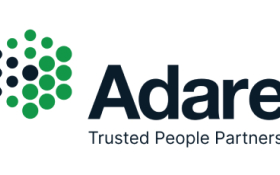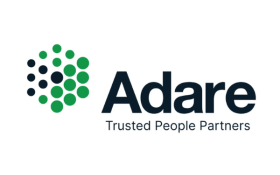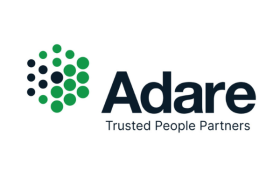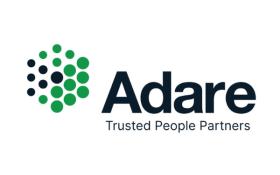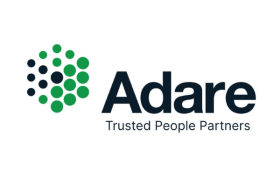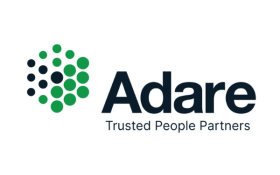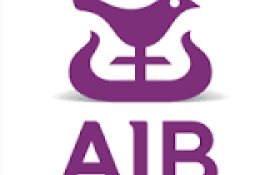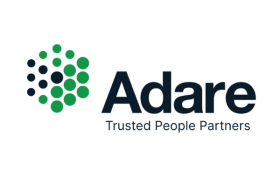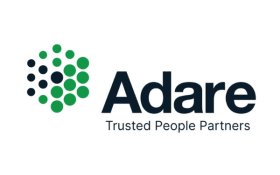- About
- Membership
- Advocacy
- Events
- Training
- Resources
- Exporting
- Community
- Latest
- Contact Us
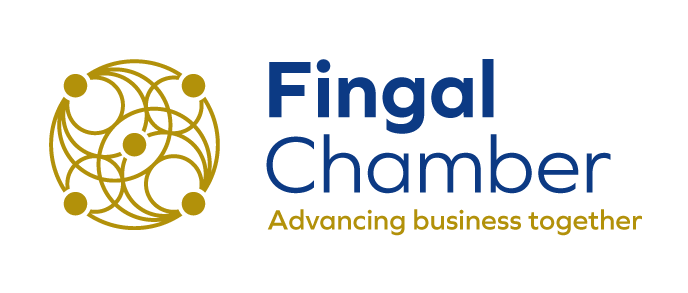
Register
Login
- About
- Membership
- Advocacy
- Events
- Training
- Resources
- Exporting
- Community
- Latest
- Contact Us
Login
Register

- About
- Membership
- Advocacy
- Events
- Training
- Resources
- Exporting
- Community
- Latest
- Contact Us
